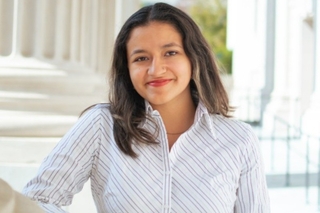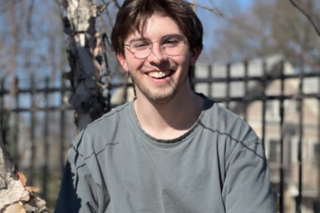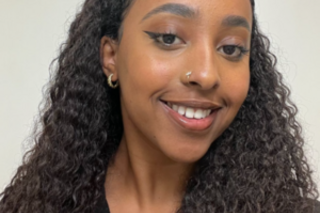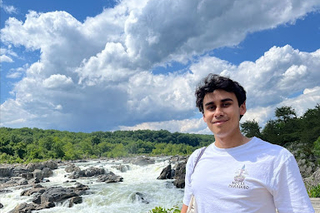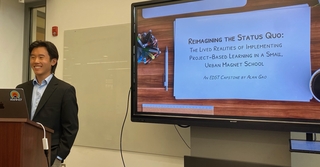
Alan Gao (YC 2024) presents his capstone on project based learning in a New Haven high school.
Education Studies Scholar Intensive students complete a year-long capstone project which enables them to conduct original research, evaluate a policy, or develop a creative project, curriculum or educational innovation.
Scholar Intensive projects have included quantitative and qualitative research, policy proposals for community organizations, children’s books and young adult novels, musicals co-written with New Haven high school students, photo essays, short films and more.
Learn more about Education Studies capstone project options and guidelines.
